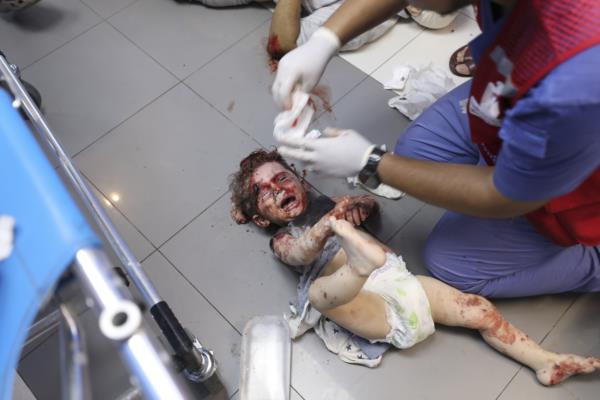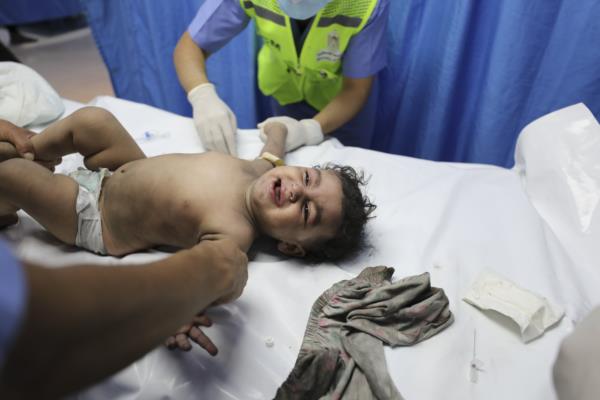
As a ceasefire brings temporary relief to the Gaza Strip, the situation remains dire for two-year-old Habiba and thousands of others in need of urgent medical care outside of Gaza.
Habiba, diagnosed with a rare medical condition, is among the many patients whose lives are at risk due to the lack of adequate medical facilities within Gaza. Her condition requires specialized treatment that is unavailable in the region.
While the ceasefire may have halted the violence, it has not resolved the critical healthcare crisis facing Habiba and others like her. The limited medical resources in Gaza are unable to meet the complex needs of patients with severe conditions.



Medical evacuations are essential for patients like Habiba to receive the life-saving treatment they urgently require. However, the process of securing evacuation permits and coordinating transportation remains a significant challenge, further delaying access to vital healthcare services.
International humanitarian organizations and medical professionals are advocating for expedited medical evacuations to ensure that patients in Gaza receive timely and appropriate care. The urgency of the situation underscores the need for swift action to prevent further deterioration of patients' health.
As the ceasefire offers a temporary respite from the violence, the focus now shifts to addressing the healthcare crisis in Gaza and facilitating the timely evacuation of patients in critical condition. The international community's support and cooperation are crucial in ensuring that individuals like Habiba receive the medical attention they desperately need.







